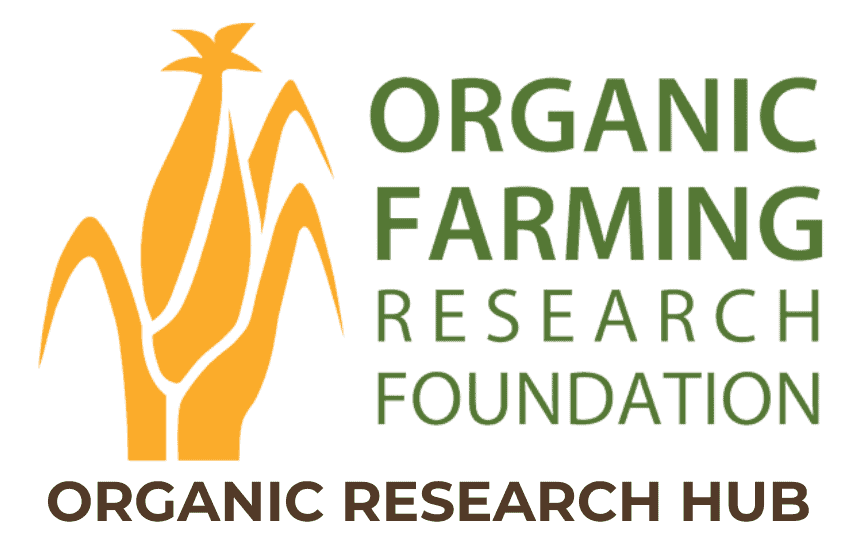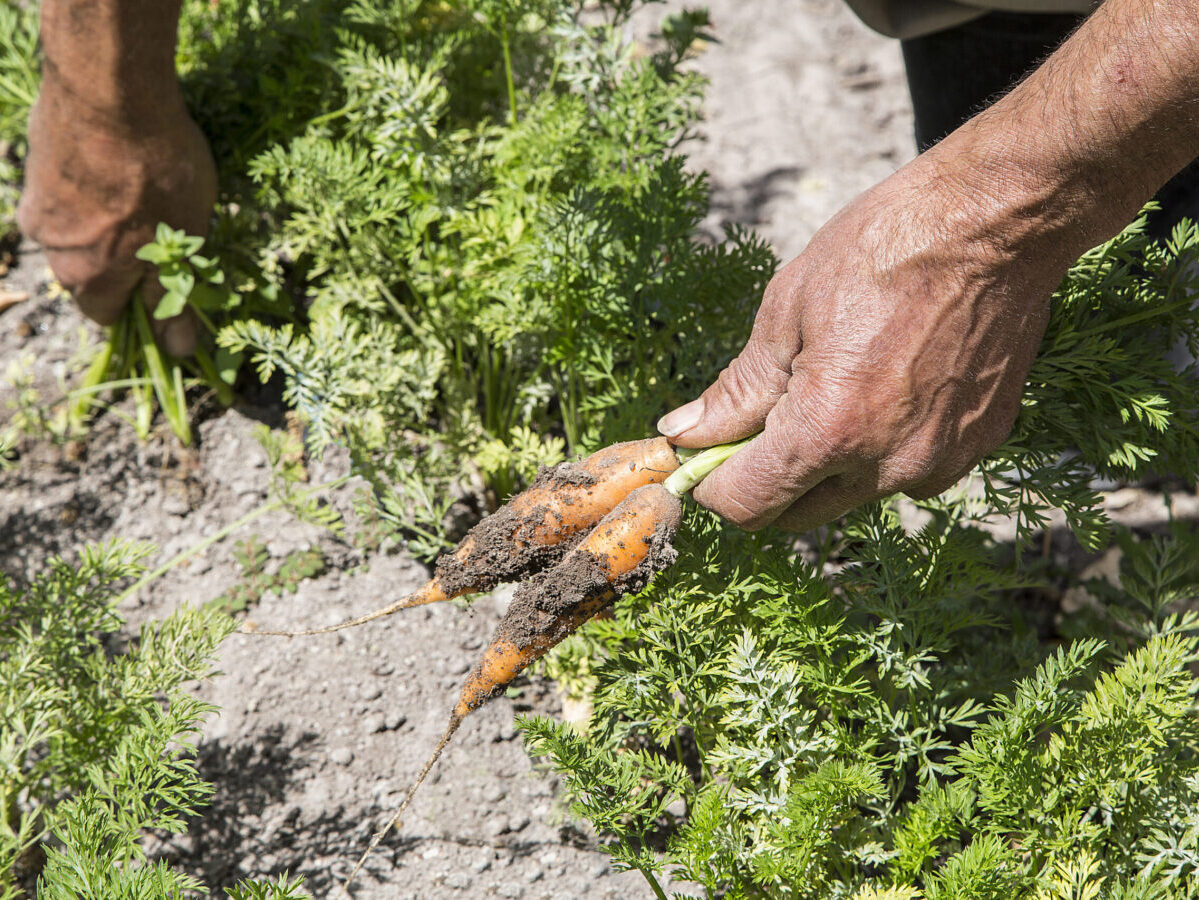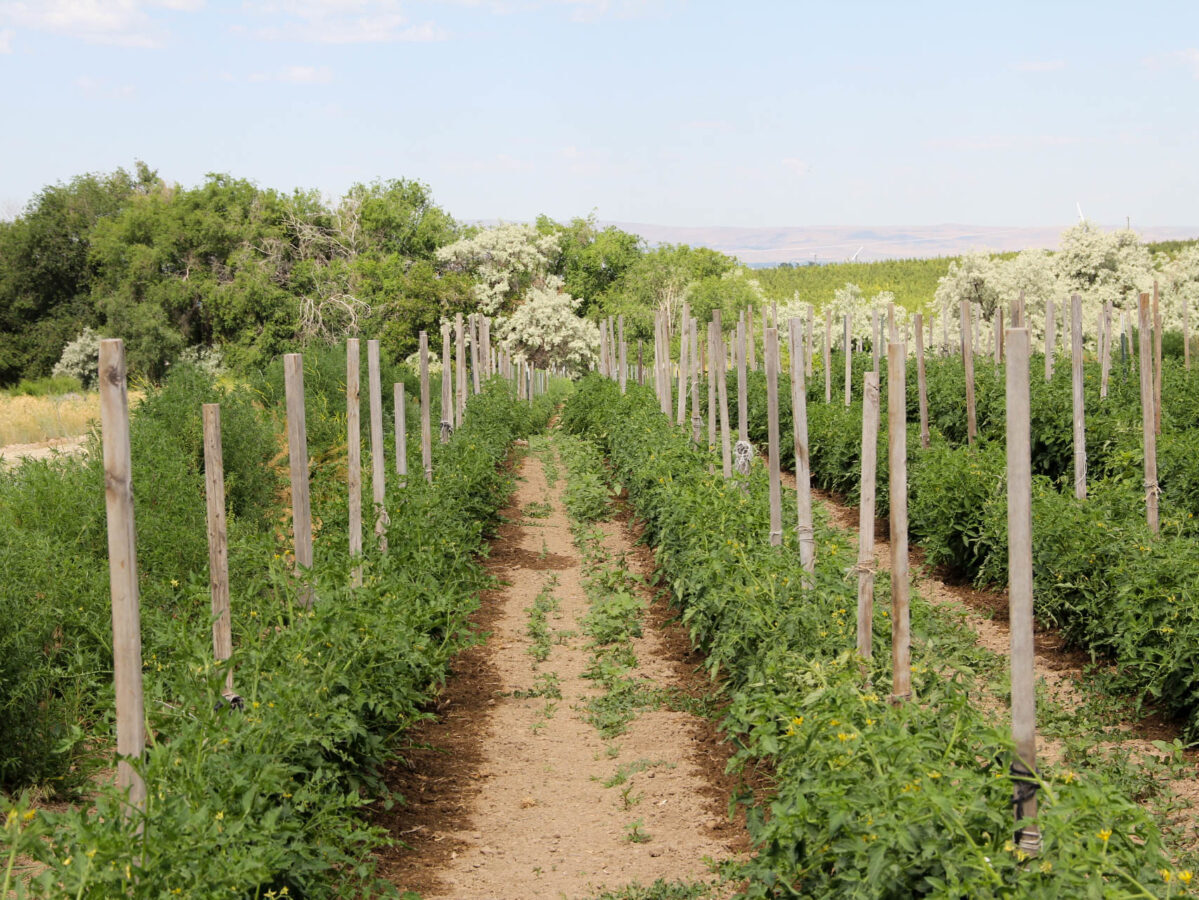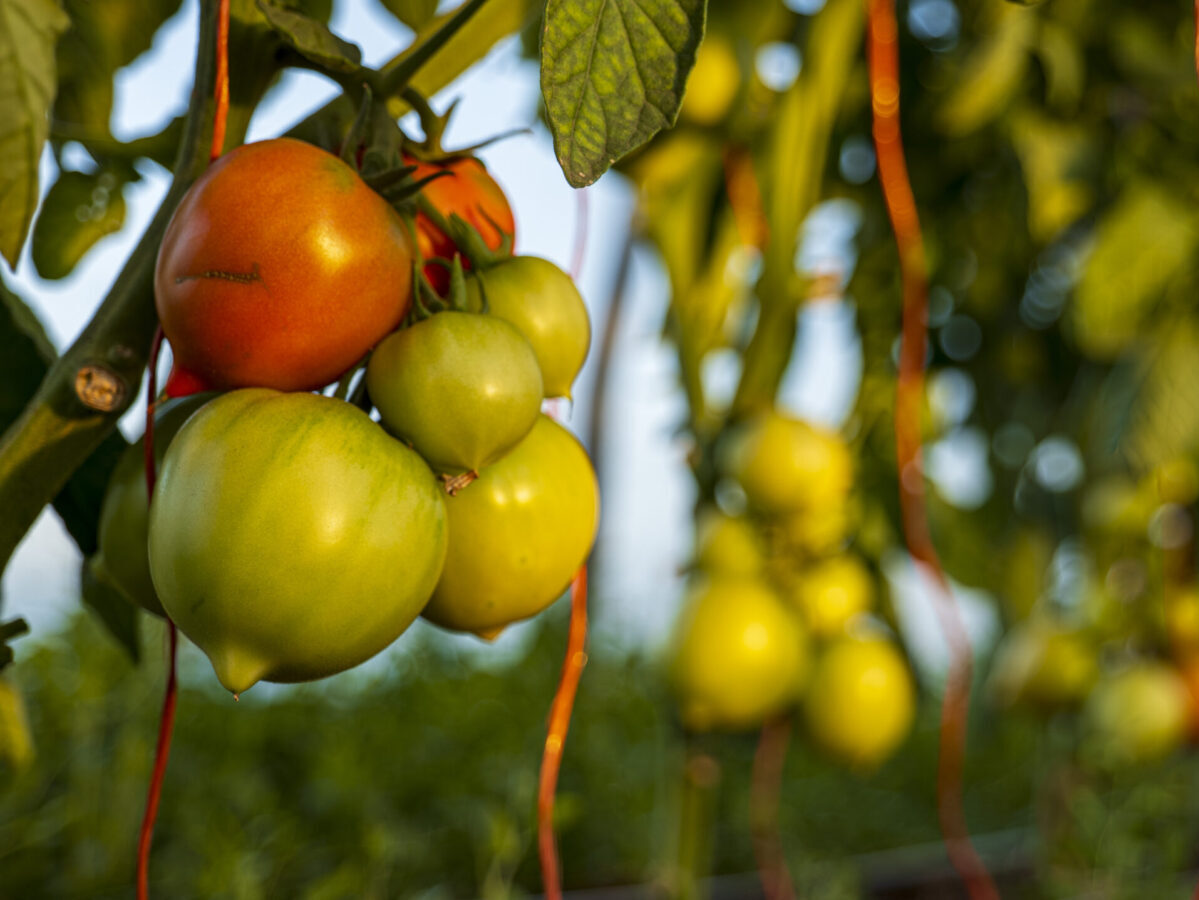Impact of Disease Suppressive Composts on Organic Vegetable Quality Composition and Yield
Anusuya Rangarajan, Cornell University

The goal of this research was to initiate studies on compost effects on severity of common soil borne diseases and to characterize changes to plant growth due to improved nutrient availability and soil microbial activity with compost application in organic production systems.
Project Objectives
-Analyze several animal manure-based, organic-approved compost products for suppression of important soil-borne pathogens of vegetable crops in the Northeast
-Determine applicability of a farmer-based test kit for assessment of compost maturity to predict suppressiveness
-Evaluate compost effects on plant stand and crop composition
-Determine changes in microbial activity, disease suppressiveness and soil nitrate nitrogen of organically managed soils after addition of a compost
Region
Northeast/Mid-Atlantic
Topic
Soil Health, Crop Nutrient Management, Disease Management
Category
Vegetables/Fruits
Date Range
2000 and earlier
Funding Amount
$5,000
Funding Year
1996Location
Ithaca, New York
Collaborators
Will Brinton, Woods End Research Laboratory
Aaron Gabriel, Cornell Cooperative Extension
Lee Stivers, Cornell Cooperative Extension
Brian Caldwell, Fruit and Vegetable Extension Specialist, Cornell Cooperative Extension



